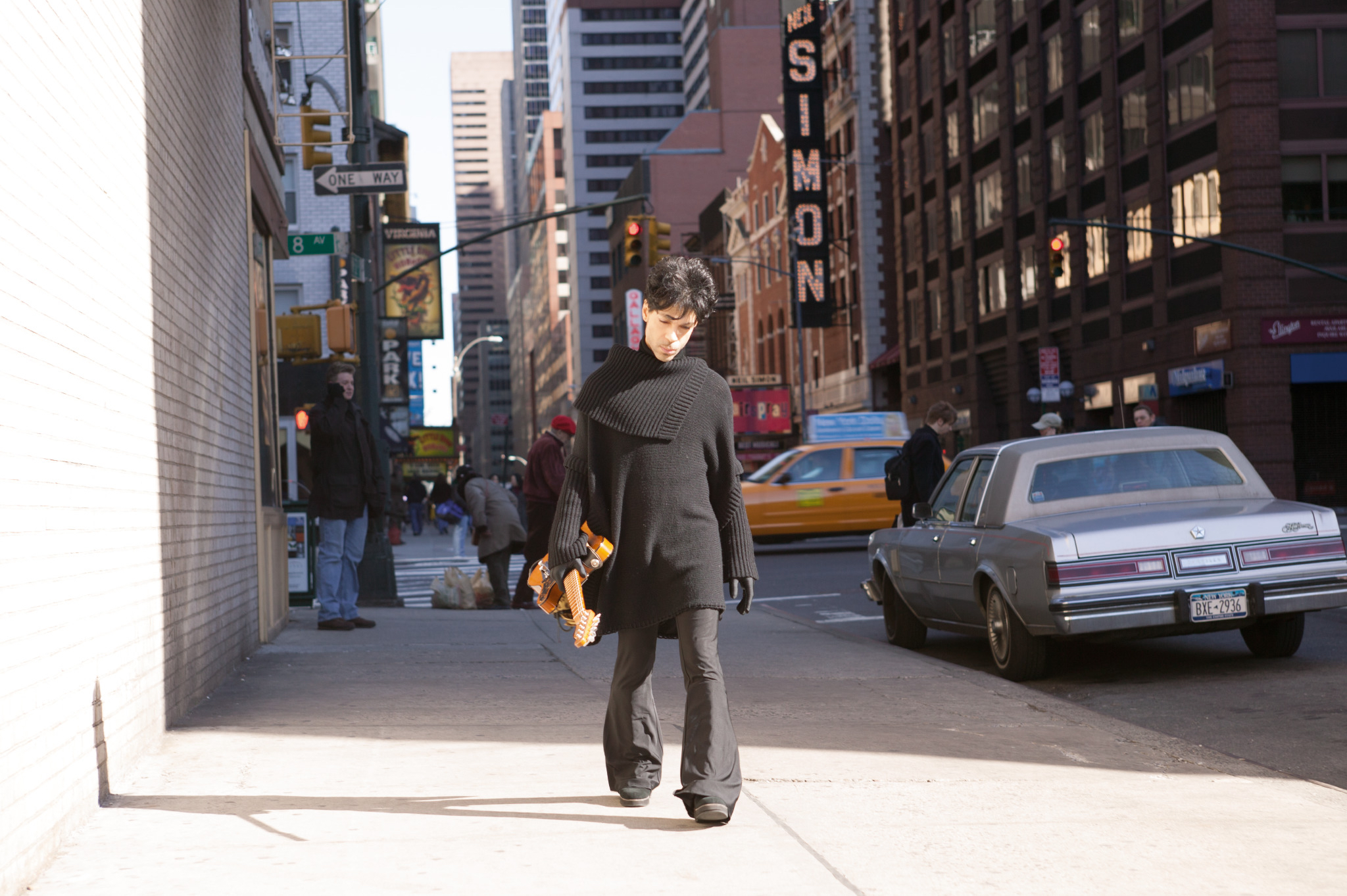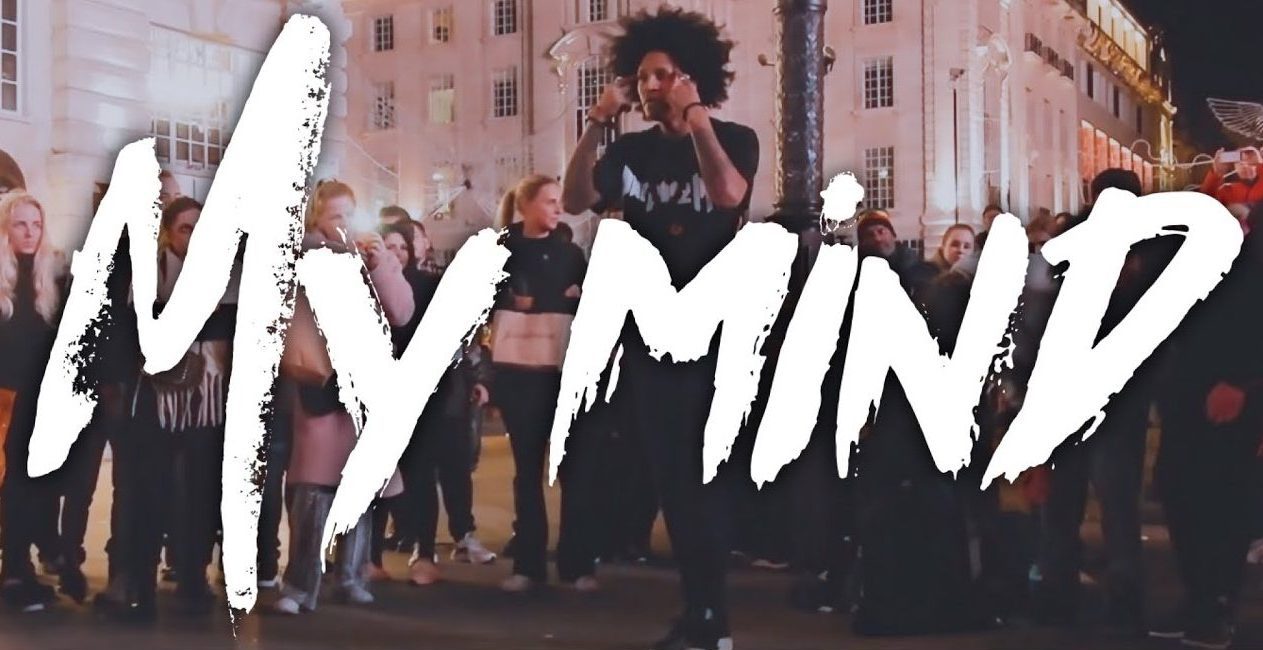Interview with Faraz Inam on his debut novel “The Misunderstood Ally”
Inspired by real life events, The Misunderstood Ally is a geopolitical thriller novel based on the life of three characters who come from very different backgrounds. They have strong personalities and diverse opinions on the ‘War on Terror’. This is their story of triumph and tribulations. It’s a story of conflict between their biases and experiences, between their hearts and minds and eventually between their conscience and call of duty. Inspired from real life events, the characters are work of fantasy the personas they emit are real.
How did the idea for the book develop?
In the decade of 2000 while I was working in Dubai I would often travel back home to Pakistan. My personal and professional obligations would also take me around the world where I would interact with people of those countries. On knowing that I am from Pakistan their first question from me would be on the happenings in Pakistan which would then make me explain to them between the real fact and the perception that was created through media on that country.
While I saw sincerity in their concerns towards Pakistan, I also noticed that there was a huge disconnect between the masses of Pakistan with the world in general. The country was indeed passing through a volatile phase after joining hands with USA on the War on Terror. The extremist and radical forces fleeing Afghanistan through the porous border into Pakistan were certainly creating pockets of disturbances for the ordinary peace loving and moderate majority. But the projection that they were getting around the world via international media gave the impression that the whole nation has gone radical and the country with nuclear weapons is on the brink of balkanization, which certainly wasn’t the case. Pakistan was at that time passing through an enhanced law and order situation but was not under an existential threat. However, in the melee of things I realized that there were a lot of perceptions which had become deceptive with time towards Pakistan and also in Pakistan towards the outside world. This motivated me to write a book about this situation and reflect the different mind sets and powers and what they are doing in this current imbroglio.
What drove you to write about the lives of those who had suffered at the hands of terrorists?
The plight of hundreds of thousands of innocent, semi-literate and moderate villagers living in the border area of Pakistan with Afghanistan, who are still considered as extremists or violent by the world outside thanks to the international media, actually drove me to write about the challenges they are facing in their lives.
After the 9/11 events in USA when ISAF came down on the Taliban government in Afghanistan, these poor villagers once living peacefully in the Af-Pak border areas in pseudo isolation from the outside world became hostages to the militants fleeing from Afghanistan. The militants initially sought refuge in those villages claiming themselves to be ‘Mujahideens’ aka Muslim Warriors, fighting the Western occupation forces who had descended on them. However, once they got that refuge and acceptance, they turned on these villagers. They were forced to provide conscripts, food, clothing, sex via forced marriages to young girls and hardened shelter to these criminals. There were numerous cases of murders, rape and looting and all in the name of fighting a holy war thus giving Islam a bad name and subjugating their hosts who initially misperceived them as genuine in their cause.
On the other hand, for accommodating the fleeing militants, these villagers also became the enemy of the State of Pakistan and the Western Coalition forces too, who would attack them with Drones targeting the terrorists. This would not only eliminate the militants but would also kill the innocent in that area leading to hundreds of deaths of civilian men, women and children. Their deaths conveniently got branded as ‘collateral damage’. Even President Obama is on record acknowledging such collateral damage. These villages found themselves stuck between a rock and a hard place where they were attacked by Pakistani forces from the east and International coalition forces from the west and their terrorists guests from within.
I wrote this book in early 2010 and at that time Pakistan Armed Forces commenced operations against this criminal element. They were either dispatch back to Afghanistan or elimated in the process thus giving the land and livelihood back to the original inhabitants of these places. Currently, the Pakistan Army controls those areas where peace and development has returned.
The topic is very sensitive, how did you handle it?
I had to handle it with complete sincerity, care and objectivity. Living in a neutral venue like Dubai and having friends, colleagues and acquaintances from around the world made my mind open to all points of view. I was open to accommodating others opinions and dispassionately analyze the suggestions at hand.
I then entered into the skin of each side stuck in this conflict and understand not only their mindsets but also what is motivating them to take these extra ordinary actions. I felt that none of them are evil by birth, but it’s the circumstances which has made them react in such extreme ways that makes it unacceptable to the opposing force; and unless we do not understand the root cause of this conflict we won’t be able to bring peace.
The book was to be written with the intent of understanding each other’s point of view and not to blame or brand the other side as evil. Hence the book had to be dispassionate, objective and free of any unconscious biases, so that it could be an acceptable read to people from all corners of this divide.
How did you go about your research for the book?
I interviewed a lot of people actually involved in this conflict. I had extensive debates with the people on the ground and not just analysts who sit in a distant lands making alarming assessments based on newspaper and magazine articles. I also created surveys to understand the mindset of people at large. Besides this for the technical aspects especially on the warfare and tactics front I researched on the internet too and interviewed some retired military personnel. The story has been a result of extensive interviews, discussions, research and analysis from different parties involved in this conflict.
How long did it take you to write?
It took me good about four years from the idea of writing the book to its final publishing. Within this time it took me two years to actually write the story from beginning to end. Having a full time job in a Bank and working for five days a week gave me time only on weekends to work on my novel. I used to work two days on weekends up to 6 hours a day to research and write the story. Thanks goes to my wife and kids who gave me my space to follow my dream of writing my first book. I owe a lot to them.
Breakaway Magazine writes thought-provoking stories that transcend boundaries, providing transformative viewpoints on breaking barriers. Through an international readership of millions, every story empowers readers interested in gaining a wider outlook on life through diverse voices. "The magazine reaches millions, connecting with an audience interested in more than just the trend, but the deeper meaning." - Jamee Livingston, Founder/Editor-In-Chief. Read more on our about page.









